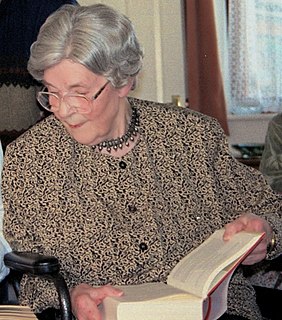A Quote by Ludwig Wittgenstein
Kierkegaard was by far the most profound thinker of the last century. Kierkegaard was a saint.
Related Quotes
When one read's Kierkegaard's profound analyses of anxiety and despair or Nietzsche's amazingly acute insights into the dynamics of resentment and the guilt and hostility which accompany repressed emotional powers, one might pinch oneself to realize that one is reading works written in the last century and not some new contemporary psychological analysis.
Of course, if one's reading Kierkegaard for personal interest that's fine - but it's sloppy scholarship just to cherry pick what suits one from a particular author, whether it's Kierkegaard, Heidegger, or whoever. Nevertheless, it does seem to me that even the more religious parts of the authorship can offer significant insights into the meaning of the human condition to those who can't then say that, e.g., they believe Jesus Christ is the Son of God and their personal Saviour.
Gary Greenberg is a thoughtful comedian and a cranky philosopher and a humble pest of a reporter, equal parts Woody Allen, Kierkegaard, and Columbo. The Book of Woe is a profound, and profoundly entertaining, riff on malady, power, and truth. This book is for those of us (i.e. all of us) who've ever wondered what it means, and what's at stake, when we try to distinguish the suffering of the ill from the suffering of the human.
What is courage? This courage will not be the opposite of despair. We shall often be faced with despair, as indeed every sensitive person has been during the last several decades in this country. Hence Kierkegaard and Nietzsche and Camus and Sartre have proclaimed that courage is not the absence of despair; it is, rather, the capacity to move ahead in spite of despair.







































